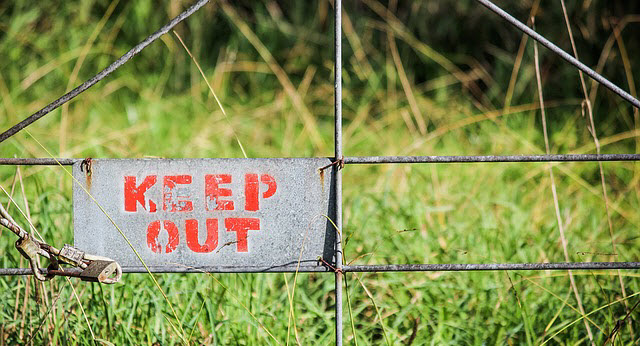How Web Filtering secures your digital world

What is web filtering?
Web filtering, also known as content filtering and URL filtering, restricts access to certain websites which may be harmful if opened or accessed. This feature not only helps protect a user’s device but also helps implement certain policies for an organization. Web filtering works on two important criteria to filter or block a website; these include: 1) the website contains objectionable material and 2) the website is unrelated to work.
Let’s now delve into the main concept of how web filtering works, why it is required, and how it helps you protect not only your PC but also ensure online safety for kids.
The following illustration presents a brief idea on how web filtering keeps you safe on the Internet

Why is web filtering required?
Unfiltered or unregulated Internet is an open gateway for websites that host adult content, promote violence, child abuse, drugs, pirated software, etc., and websites used by attackers to host malware and launch phishing and spam campaigns.
We use the Internet for many things. It is necessary to keep a watch on the Internet usage of kids specially because there are strong chances of them getting distracted easily from their studies. To monitor the Internet usage, people can use the option of blocking the URL (Uniform Resource Locator). This is also known as URL filtering where you can block the access to certain websites in your computer system by setting up the credentials as per your accessibility.

Fig 1
Quick Heal’s web content filtering acts like a sieve. Legitimate data should fall through the filter while bad data should be stopped. This means that a requested web page with some forbidden content will still load, but with some bits missing. Quick Heal’s content filtering team works round the clock for a well-controlled content categorization more effectively to secure our users across the world. So far, we have successfully processed millions of websites with the most precise categorization.
Operation of URL filtering
URL filtering is basically done by clustering a highly categorized database of most of the websites on the internet, permitting or denying access based on information contained therein to the users. These websites are analyzed and triggered with relevant categories whose access are allowed/denied to a user. The policies for categorization of websites are provided through a web-based interface by URL filters. So, there is a local hardware appliance or software application running on a server that connects to a central database of the URL filtering vendors which enables the feature to block individual websites.

Fig 2. Quick Heal’s pane where one can allow or deny websites from a particular category.
A modern and effective web content filtering solution scans more than the domain name. It can break down and analyze a web traffic making it capable to accurately pinpoint portions of a web page which should not be allowed into the internal network. An effective web content filtering solution is essential for any small & medium enterprise because granting employees unfiltered access to the Internet can invite multiple problems.
Which categories are blocked?
URL filtering gives you total control over the Internet and protects your system against downloading harmful software or files from specific domains. We have divided websites into the following categories based on their content:
- Malware
- Phishing and Fraud
- Pornography & sexually Explicit
- Gambling
- Violence & Weapons
- Alcohol & Tobacco
- Nudity
- Child Abuse
- Criminal Activity
- Illegal Drugs & Software’s
The best part in Quick Heal’s website filtering feature is when machine intervention fails in classifying a particular website, the website is analyzed and categorized by our content filtering team. Websites that promote pornography, violence, and crime are highly addictive and destructive for youths of today’s generation.
The many benefits of Quick Heal content filtering feature
- Control web browsing based on category.
- 24/7 protection from harmful websites.
- Gives you the freedom of accessing category-based websites with a secure account where features can be modified based on your needs.
- Restrict kids from visiting inappropriate or potentially dangerous websites (adult, chat, violence, game, crime, etc.). It also allows you to set a fixed schedule for Internet access at home.
- We also provide profile actions such as the following:
- Alert – The website access log entry is generated. The website is allowed and log entry for the same gets generated in URL filtering log.
- Block – The website is blocked and the user will see a blocked pop-up window as a response page and will not be able to access the website further.
- Exclude – The user will be prompted with a response page indicating that the site has been blocked due to its restricted category with an option of continuing to the website at their discretion.
Subject Matter Expert
Vikas Hanchate | Quick Heal Security Labs

No Comments, Be The First!